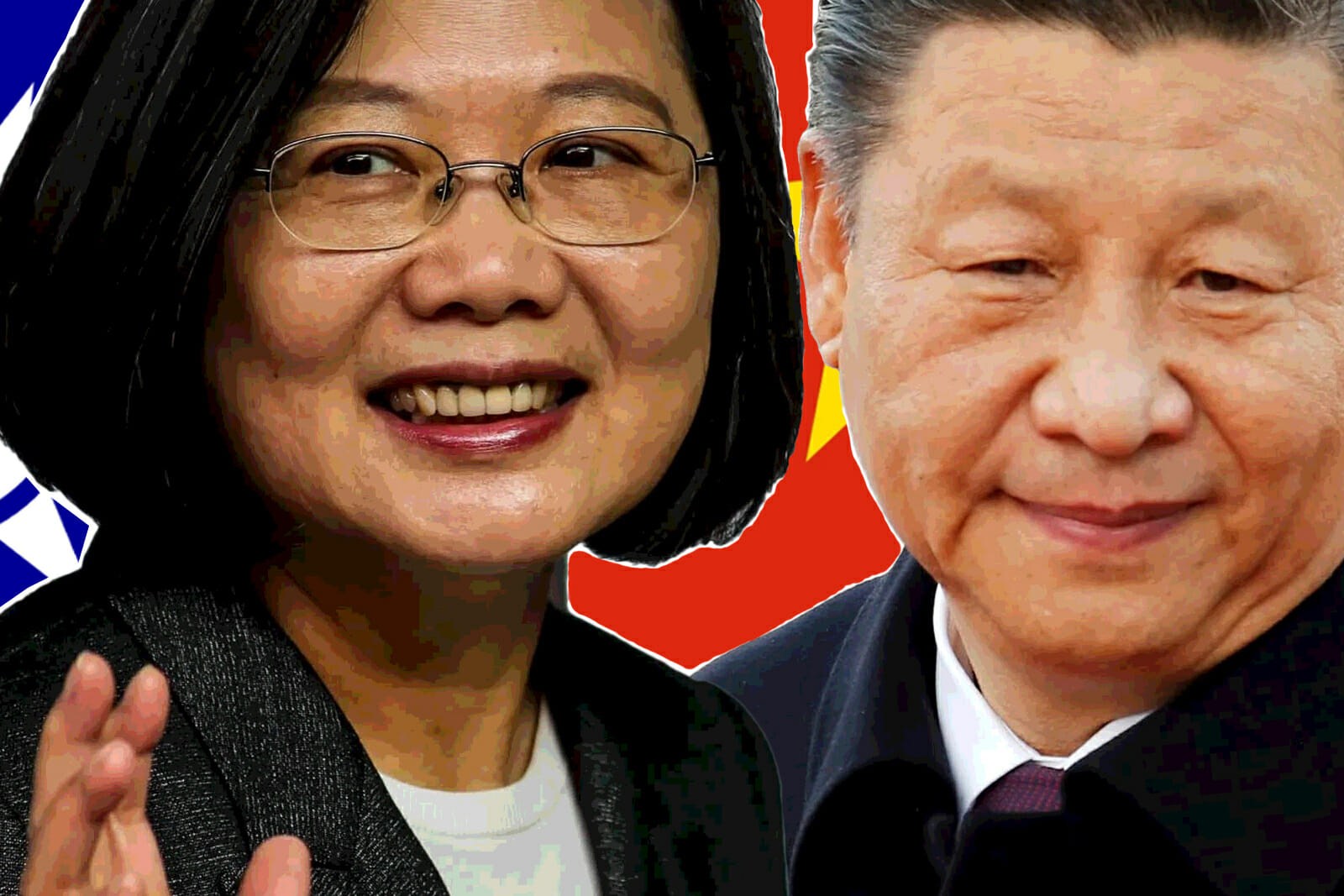
2020 Presents an Opportunity for Strengthening Europe-Taiwan Economic Ties
After the initial months of the coronavirus pandemic, China has pivoted from struggling with a domestic crisis to throwing its weight around internationally, escalating a pre-pandemic trend. Taiwan, as a high-capacity democracy and an economic powerhouse, is a key counterweight to Chinese advances and an ideal partner for Europe to advance its goals in the region.
In recent weeks, Europe’s interactions with China have been “bruising but clarifying,” as the European Council on Foreign Relations surmised. Already considered by the EU to be a “systemic rival promoting alternative models of governance,” assumptions about the CCP’s intentions towards Europe have undergone a marked shift. In the UK, members of both the Conservative and Labour parties have suggested a step-change in thinking towards China. Mr. Macron of France has been quoted as saying that China’s aims are “hegemonic” and that President Xi Jinping is “rebuilding an empire, and he is prepared to be very aggressive in terms of pushing the limits of international law.”
2020 thus presents a vital moment in time, comparable perhaps to 1989, when widespread condemnation following the Tiananmen massacre prompted a sea change in attitudes towards China and policies such as a European-wide ban on arms sales to the PRC.
Urgent need for medical supplies, economic downturn, and the necessity for international cooperation amid a pandemic will likely limit any short-term China policy shifts. However, a closer partnership with Taiwan in the upcoming recalibration could temper China’s regional and global ambitions without provoking the unnecessary ire of a Beijing with much more economic clout than in 1989,
For instance, in 2015, the EU initiated talks on a trade agreement with Taiwan, only to then state that it would wait to complete a trade deal with China first. It may be time to re-evaluate this decision.
Even more achievable are strengthened economic and cultural people-to-people ties with Taiwan. For instance, only 15 of the EU’s 27 member states have set up commercial and trade offices in Taiwan. Non-official channels such as existing ‘Taiwan Friendship Groups’ in the UK, France, Germany, and the European Parliament could also be used to greater effect, encouraging collaboration in public health, academic research, science, technology, the arts, and education.
With its commitment to a transition to green energy, the Taiwanese market presents significant opportunities for European renewable energy companies. Forecasters predict that Taiwan will become the second-largest offshore windfarm market in Asia in the next 10 years, and geothermal heat power also has enormous potential, given Taiwan’s location on the Pacific ‘ring of fire,’ known for high seismological activity. European companies already set to capitalise on this momentum include Sweden’s Climeon, which this month finalised a geothermal heat power order worth $4.2 million, and Denmark’s Ørsted, which owns a 35% stake in the $627 million Formosa 1 wind complex off the coast of west Taiwan.
Taiwan aims to become an Asian Silicon Valley and, in addition to being a global semiconductor hub, is already a leader in the fields of virtual reality, robotics, artificial intelligence, Internet of things, smart healthcare, and smart logistics. Particularly in light of intensifying calls to diversify supply chains away from China, the potential for European-Taiwan public and private sector collaboration in technological innovation fields is abundant.
During this time of global crisis, Taiwan has proven its technological and governance capacity, particularly around the use of technology and big data to contain and mitigate its coronavirus outbreak. By 30 January, Taiwan had integrated its national health insurance data, data regarding patients from China, and national immigration agency data containing 14-day travel histories. This process was completed in just 3 days and allowed for the identification and subsequent quarantine of those who had recently traveled to high-risk areas. Taiwan has offered to provide the source code to two apps that it has developed to several countries, including the UK.
A model of pioneering public health management in a democratic context, Taiwan has much to offer the international community. Yet despite support from America, Japan, New Zealand, Australia, and others, Taiwan did not receive an invitation to attend Monday’s World Health Assembly. It is apparent that political pressure from Beijing is the only reason Taiwan does not have WHO observer status. European leaders must continue to lobby for Taiwan’s meaningful participation at the WHO and other multilateral institutions
With the daily decline in freedoms in Hong Kong, Taiwan’s importance as a Chinese-speaking regional hub that guarantees freedom of the press and rule of law will only increase. Media outlets and activists wishing to avoid harassment or detention in Hong Kong have already begun to emigrate to Taiwan. Earlier this year, Taiwan’s Ministry of Foreign Affairs offered to welcome those journalists recently expelled from Beijing, who were also for the first time refused re-location to Hong Kong.
If democratic freedoms in Hong Kong continue to deteriorate on their current trajectory, there will come a day when the annual remembrance of Tiananmen Square on 4 June is no longer tolerated. Indeed, the event this year was threatened for the first time, as Hong Kong authorities have announced an extension of the public health measure banning public gatherings until the day after the vigil was due to be held.
In 2014, I had the pleasure of witnessing first-hand the pro-democracy, student-led Sunflower Movement as the students occupied the Taiwanese parliament. I had some of the best dumplings I’ve ever had, sat at the parliamentary speaker’s lectern! I was moved by the passion of the students and spent hours talking with them as they hosted me in their newly occupied home. In many ways this movement continues to give strength to the president’s mandate as well as Taiwan’s place in the world.
European countries claiming freedom and democracy as core tenants of their foreign policy have a moral obligation to be a friend of Taiwan. The island faces increasing threats of military action from Beijing, and the Taiwanese people have clearly rejected the ‘one country, two systems’ model with their decisive re-election of Tsai Ing-wen in January. Let 2020 be a moment for a collective European re-assessment of our commitment to Taiwan as a willing and capable democratic partner.

